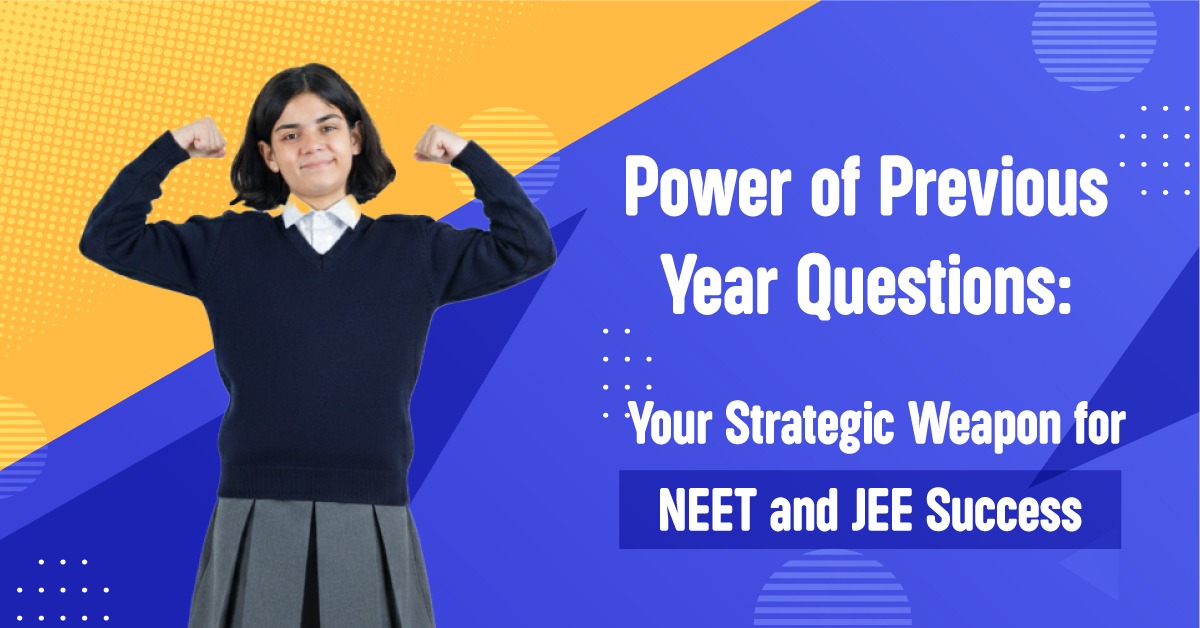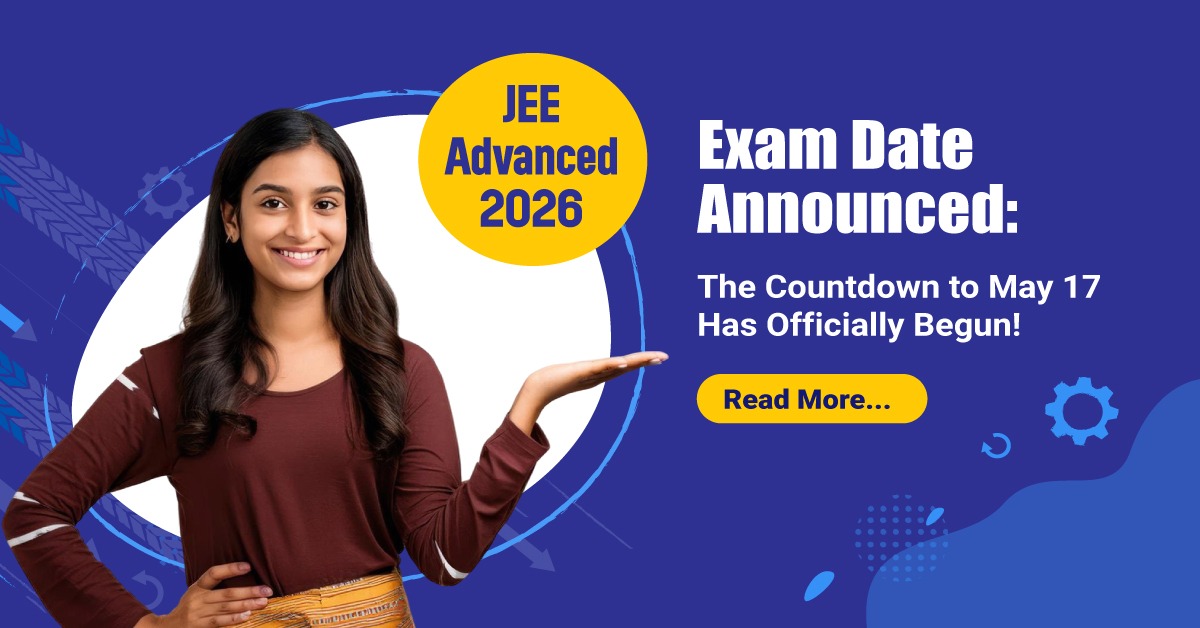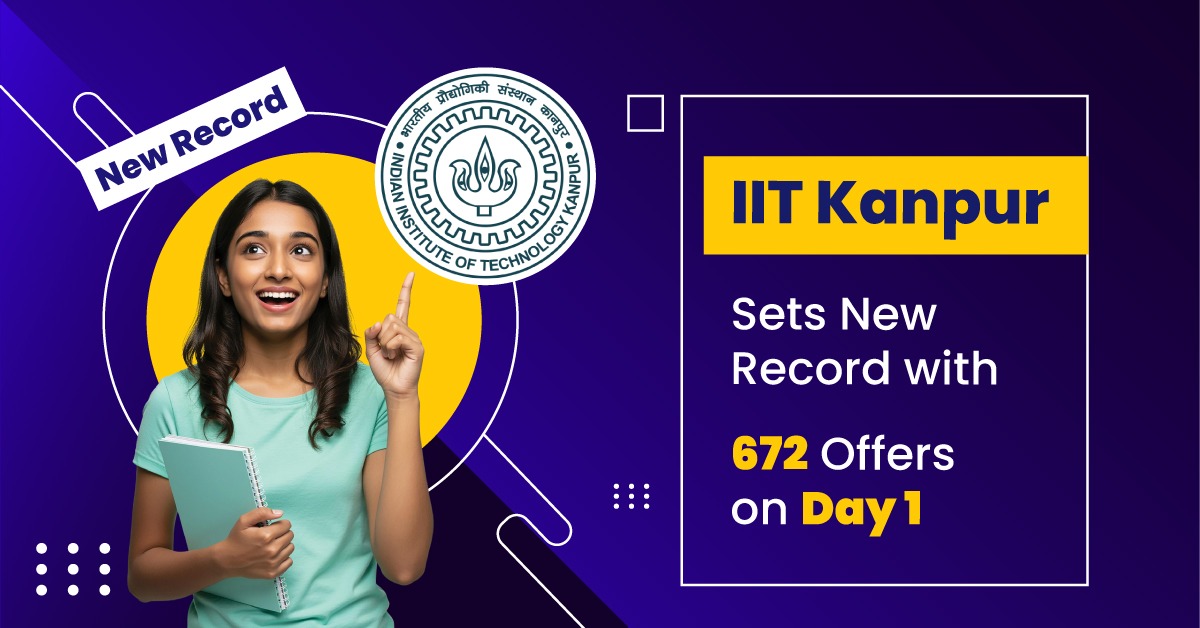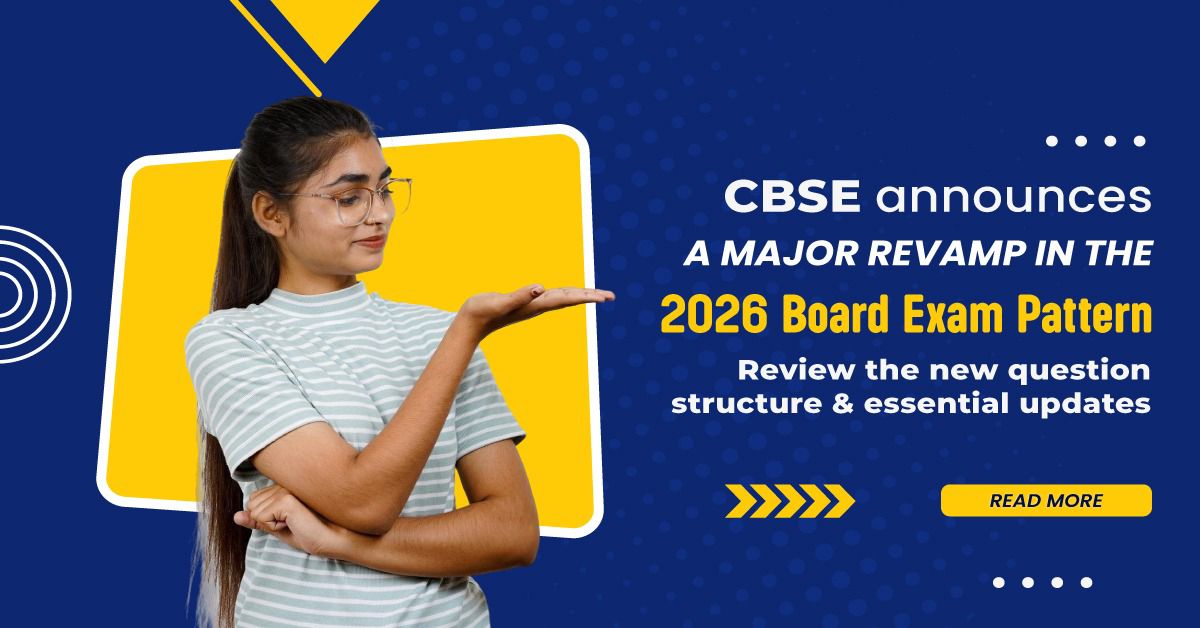
Every year, millions of aspiring medical and engineering students embark on one of India’s most challenging academic journeys—the preparation for the NEET and JEE exams. While textbooks form the foundation and coaching institutes provide guidance, there is one resource that can be termed a game-changer: the previous year question papers. The strategic utilization of jee previous year questions and NEET PYQs isn’t just another study technique – it’s the difference between random preparation and laser-focused success. In an era where smart work outweighs hard work, understanding how to leverage these golden resources can transform your entire preparation strategy.
Download JEE Mains Advanced 2025 (January) Previous Year Question Papers as PDF
| JEE Mains 2020 Previous Year Question Paper | Download Resources |
| JEE Mains 2021 Previous Year Question Paper | Download Resources |
| JEE Mains 2023 Previous Year Question Paper | Download Resources |
| JEE Mains 2024 Previous Year Question Paper | Download Resources |
| JEE Mains 2025 Previous Year Question Paper | Download Resources |
| NEET 2022 Previous Year Question Paper | Download Resources |
| NEET 2024 Previous Year Question Paper | Download Resources |
| NEET 2021 Previous Year Question Paper | Download Resources |
| NEET 2023 Previous Year Question Paper | Download Resources |
The Hidden Blueprint: Decoding Exam Intelligence
Old question papers can almost be seen as treasure maps that explain the examiner’s perspective. The moment you start to analyze JEE/NEET previous year questions one after the other in a systematic mode, certain patterns start appearing like constellations in the night sky. These aren’t random occurrences – they’re deliberate choices that reflect the exam’s core philosophy.
The most successful students don’t just solve these papers-they act like forensic analysts, going through every question to see why it was asked. They see that the examiner is not trying to trick the student but is testing a certain competency that the candidate must have to become a doctor or engineer.
The Time Mastery Revolution
Managing time in competitive exams is not about how fast one is; it is about allocating it intelligently. Neet pyq practice explains this better than anything: the reason most students fail is not that they don’t know the answers; instead, it’s that they fail to portray that knowledge in the time allotted.
Successful time managers commonly outperform less knowledgeable peers; the reason lies within an internal clock mechanism trained under the stimulus of ample PYQ practice. They develop the sense of moving on from a question, making educated guesses, or spending more time on questions that yield maximum marks.
Beyond Simulation: Creating Muscle Memory
Jee and neet coaching centres give you a way to learn, but they usually miss one important thing: getting your mind ready for how you’ll perform on exam day. This is why looking at old exam questions is super helpful.
Solving neet pyqs under exam conditions is not just about testing knowledge – it builds neurological pathways that activate under stress. It’s like knowing how to swim in a pool versus trying to stay afloat in turbulent waters. The very pattern, the level of difficulty, and even the way questions are worded- all create a familiarity that induces confidence.
Students who repeatedly tackle JEE PYQs describe an eerie feeling called “exam déjà vu”- the sensation that they have faced similar challenges in the past, and these feelings arise even when the questions are entirely novel to them. Such a psychological edge cannot be measured on exam day.
The Weakness Detector: Precision in Preparation
Most students deal with their weak spots by trying to study everything at once, hoping something will click. Practicing with old Neet questions changes this, making it very precise. Each wrong answer tells you what you missed and why.
Are you consistently missing Organic Chemistry questions because of weak fundamentals or poor pattern recognition? Do you struggle with Physics numericals because of calculation errors or conceptual gaps? Previous year questions don’t just identify these weaknesses – they categorize them, allowing for targeted remediation.
This way of finding problems is really useful because it’s based on what the actual exam tests, not just what coaching centres think is important. When you solve jee previous year questions, you’re working with what has already been deemed important by the actual examiners.
How Problems are being solved has changed
Today’s competitive exams do more than test your memory. They test your ability to use what you know in different situations, which is what education experts call ‘transfer learning.’ This is where old questions from past NEET exams are really helpful.
Each past question is like a lesson in problem-solving. They show how basic ideas can be changed and combined in surprising ways. Students who work with old JEE questions can learn to understand how questions are made and how to solve them.
This skill is very important in JEE Advanced, where questions ask you to combine knowledge from different chapters or subjects. You can only spot these patterns if you have seen how these combinations have been tested before.
Memory sticks better when you practice retrieving it
Brain science backs up what good students already know: It’s way better to practice recalling information than just passively reading it if you want to remember it for a long time. When you work through old exam questions, you’re not just seeing what you remember. You are making the brain links that hold and get to that information stronger.
That’s why students who use old questions do better, even on stuff they believed they knew well from studying. Just trying to recall info, like during a test, makes those memories stronger and easier to reach.
Plus, working through questions from different years helps you review things over time. Ideas you see again in new ways get stuck in your long-term memory better.
How to Use Past Papers Wisely
Top students don’t just see JEE and NEET past papers as separate tasks. They mix them into their study plans. They use these papers to decide what to study first, to see where they need help from their coaching classes, and to measure how ready they are for the exams.
This integration becomes particularly powerful when combined with quality jee coaching and neet coaching. While coaching provides the foundation, PYQs provide the application framework. Together, they create a preparation ecosystem that’s both comprehensive and targeted.
In the tough world of NEET and JEE prep, past papers are more than just study aids. They are like secret weapons. They show what’s been important in the exams for years, and they give you tips that can really help you do better. It’s not just about doing the papers, but about using them smartly to make your studying go from good to great.







0 Comments